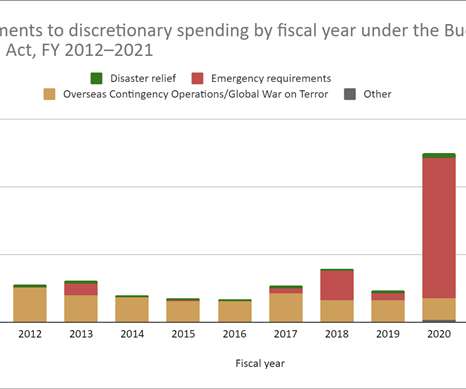Book Review: Justice, Equity, and Emergency Management
Recovery Diva
MAY 12, 2022
3 …requires full harnessing of the communities transformative and adaptive capacity in order to reduce risks for the future…working to eliminate existing patterns of unequal distribution of risk. #4 Chapter 3, “Agricultural and Fishery Disasters: Public Policy Challenges and Just Recovery in a Critical Infrastructure Sector ” by Jerry V.













Let's personalize your content